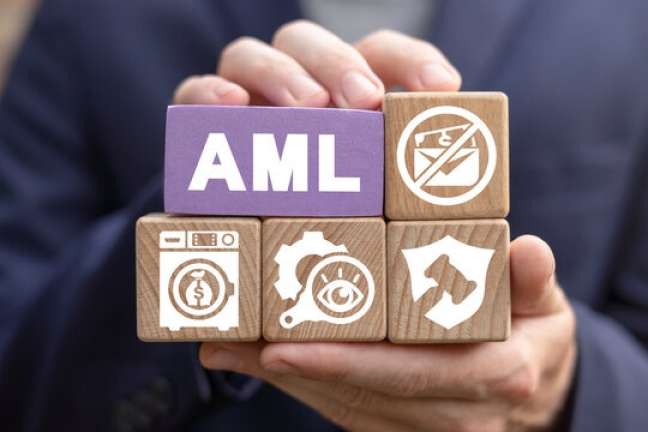The traditional method of signing documents involves the use of handwritten signatures. Electronic signatures are becoming the norm globally, as many business owners see the need to find paperless solutions. Businesses are increasingly becoming fast-paced and borderless- because of this, using pen and paper when signing documents and contracts is not always ideal.
Electronic signature involves inserting your ID into a card reader and then entering your PIN code. The technology used in e-signature is called encryption, and it consists of using a computer program to take and translate an original written message. The message is usually translated into an unreadable computer code and transferred to a receiving computer device which translates the unreadable code into the original written message.
The last several years have seen a dramatic increase in the use of signatures because of its wide variety of benefits and positive outcomes. Some of the benefits of electronic signatures are good reasons for businesses to incorporate their use when transacting:
1. Document processing time is faster
It takes longer for the recipients and senders to print and scan documents with written signatures, especially for contracts that require more than one signature. Most times, clients pile up documents for when they will have time to print and sign. However, with electronic signatures, document processing is less because there is no paperwork needed. Everything is digitalized and fast.
2. Lower document-related costs
For a business that uses electronic signatures, most of its documents will be paperless. A lot of resources are required for handwritten signatures, starting with paper as the raw material. There is an additional need for storage space to process the paper documents, not to mention printing ink and sometimes repairs. With an electronic signature, significant savings are made because it is paperless, and documents are safely stored online, eliminating the need for storage space.
3. Mobility
Electronic signature enables business transactions to take place anywhere and at any time. Digital technology makes it possible for different people in multiple locations to transact and sign a PDF or document without being in the same place. Electronic signatures are highly mobile compared to handwritten ones.
4. Higher levels of security
Electronic signatures are more secure than handwritten signatures. The security of e-signature is attributed to features like encryption technology and its digital audit trails that are easy to verify. A business that uses signatures can benefit from different security services, such as:
- Integrity
The contents of a message can be changed in some way before it reaches the recipient. However, e-signature ensures that the recipient receives the content of the message just as the sender sent it. The private and public keys ensure that content is concealed and secure from the moment the sender (private key holder) puts down their signature and sends the message.
- Authentication
Electronic signatures create a unique connection between a document and the signer. Being bound to a document means that the signer is the only holder of the private key. Therefore, a recipient is assured of the sender’s authenticity because only the sender could have created the message.
- Confidentiality
This security service is possible because encryption technology ensures that only the sender and the recipient understand the message. The contents of a message are mathematically scrambled, and only the sender and recipient can unscramble the code to understand the message. If the message were to fall into a third party’s hands, an electronic signature would ensure that the intruder cannot understand the message.
- Non-repudiation
There are usually numerous complaints of error, forgery and fraud when it comes to handwritten signatures. However, because of encryption, lenders using electronic signatures cannot send a particular message because a document can only be signed with a private key that is specific and unique to the sender. Although similar fraud issues exist with an electronic signature, the likelihood is decreased because of encryption’s physical security.
The integrity, authentication, confidentiality and non-repudiation nature of e-signature makes it a safer and highly secure way to sign and conduct transactions.
5. Environmental sustainability
Going paperless reduces dependency on limited environmental resources. The use of signature enhances ecological sustainability.
The digitization of business processes is increasingly being embraced with more electronic signatures to minimize delays brought about by paperwork. Incorporate eSign today to run your business operations seamlessly.















